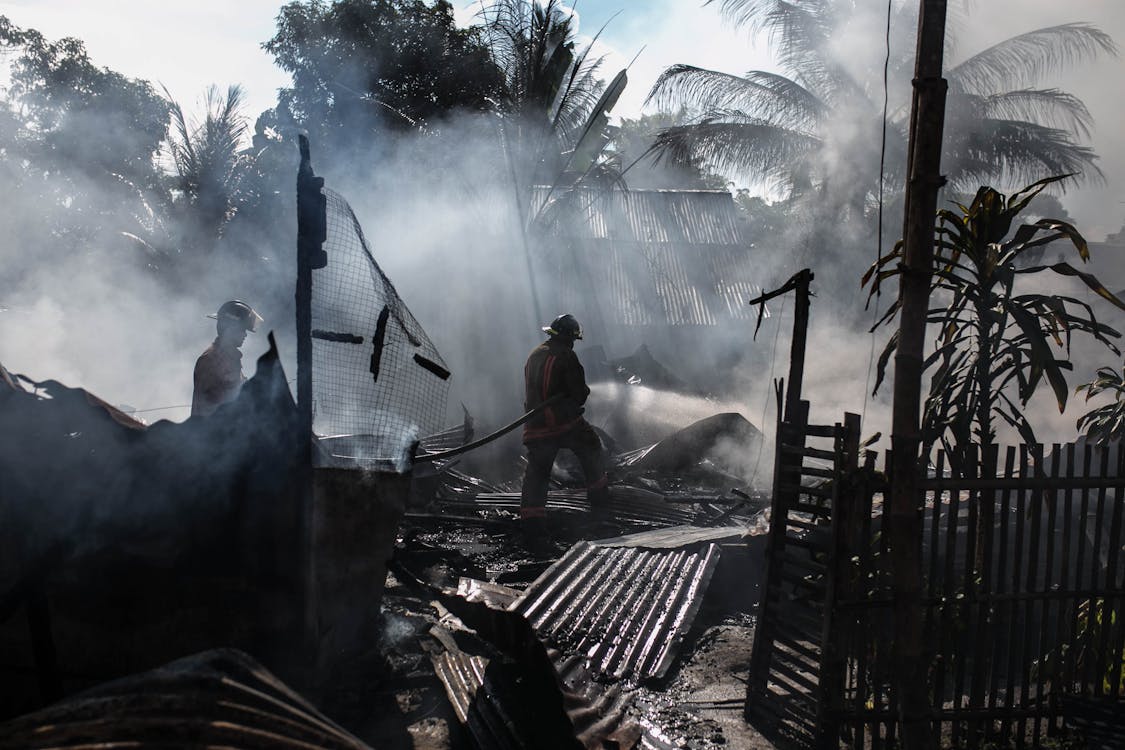Imagine this: you’ve built your dream home by the beach, the sound of waves your morning alarm. But paradise comes with a price tag, and in coastal areas, that price tag can include the risk of hurricanes. This begs the question: how much does natural disaster insurance cost, and what factors determine the premium?
Unlike car insurance, where your driving record is a major factor, natural disaster insurance premiums depend on a complex web of forces. Buckle up, because we’re about to dive into the world of natural disaster insurance and explore what makes your premium tick.
Mother Nature’s Report Card: Location, Location, Location!

The biggest factor influencing your natural disaster insurance premium is simply your location. Living in a hurricane-prone coastal zone or an earthquake-prone fault line will undoubtedly cost more to insure than a place nestled safely in the middle of the country. It’s like living in a high-crime neighborhood – statistically, the risk of something bad happening is higher.
Here’s how location breaks down:
- Risk Zone: Insurance companies categorize areas based on their risk of specific natural disasters. Living in a high-risk zone, like a flood plain or a hurricane evacuation zone, will automatically translate to a higher premium.
- Historical Data: Past is often prologue. Insurance companies analyze historical data on natural disasters in your area. The more frequent and severe the natural disasters, the higher the premiums will be for everyone in that location.
Beyond Location: Digging Deeper into Risk Factors
While location is king, several other factors influence your natural disaster insurance premium:
- Dwelling Value: The more expensive your home, the more it will cost to rebuild or repair in case of a disaster. This translates to a higher premium for obvious reasons.
- Deductible Choice: Your deductible is the amount you pay out of pocket before your insurance kicks in. Choosing a higher deductible lowers your premium, but you’ll be responsible for covering more costs upfront in case of a disaster.
- Dwelling Features: Homes with features that mitigate disaster damage, like hurricane shutters or flood vents, can sometimes qualify for discounts on your premium.
The Policy Puzzle: Coverage Options and Premiums
The type of natural disaster coverage you choose also impacts your premium. Here’s a breakdown of common coverage options:
- Flood Insurance: This is typically a separate policy from your homeowner’s insurance and is often mandatory in high-risk flood zones.
- Earthquake Insurance: This is another separate policy that covers damage caused by earthquakes. The cost will depend on your location, the construction of your home, and the level of coverage chosen.
- Named Peril Coverage: This is the most basic type of natural disaster coverage and typically only covers named events like hurricanes or tornadoes. It’s generally cheaper, but offers less protection.
The Mitigation Advantage: Lowering Your Risk, Lowering Your Premium

Some insurance companies offer premium discounts for taking steps to mitigate your risk of natural disasters. Here are some examples:
- Fortification Measures: Installing hurricane shutters, earthquake bracing, or flood vents can demonstrate your proactive approach to safety and potentially earn you a discount.
- Elevation: If your home is built on an elevated foundation in a flood-prone area, you might qualify for a lower premium.
The Art of the Deal: Shopping Around and Negotiating
Just like any other insurance, it pays to shop around for natural disaster insurance. Different companies use different risk models and may offer varying premiums for your specific location and property. Don’t be afraid to get quotes from multiple providers and negotiate for the best deal.
Beyond the Premium: Understanding Coverage Limits
While focusing on the premium is important, remember that insurance is about protection, not just cost. Be sure to understand your policy’s coverage limits. These limits dictate the maximum amount your insurance company will pay for repairs or rebuilding after a disaster.
The Final Word: Weighing Risk and Reward
Natural disaster insurance can be a valuable tool for protecting your financial security in the face of unforeseen events. Understanding the factors that influence your premium and the different coverage options available empowers you to make informed decisions. Remember, it’s about finding the right balance between affordability and adequate protection for your specific situation. So, talk to your insurance agent, weigh the risks, and choose a policy that gives you peace of mind, no matter what Mother Nature throws your way.








